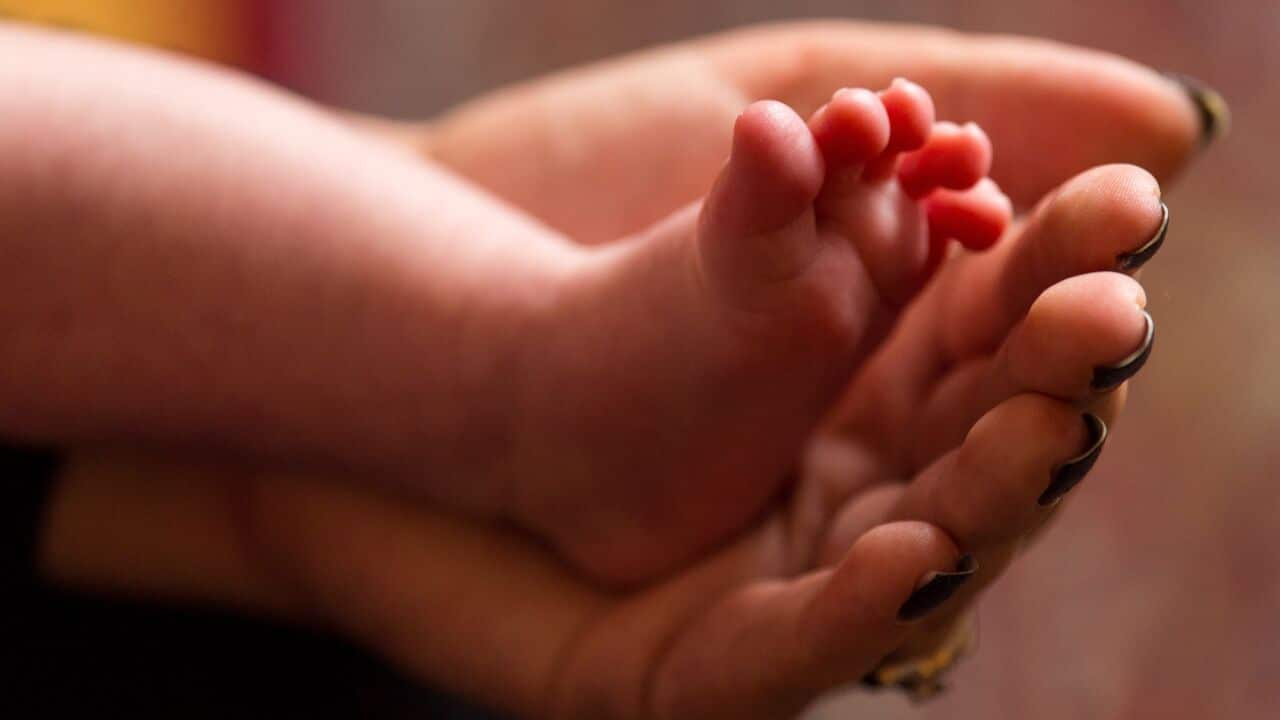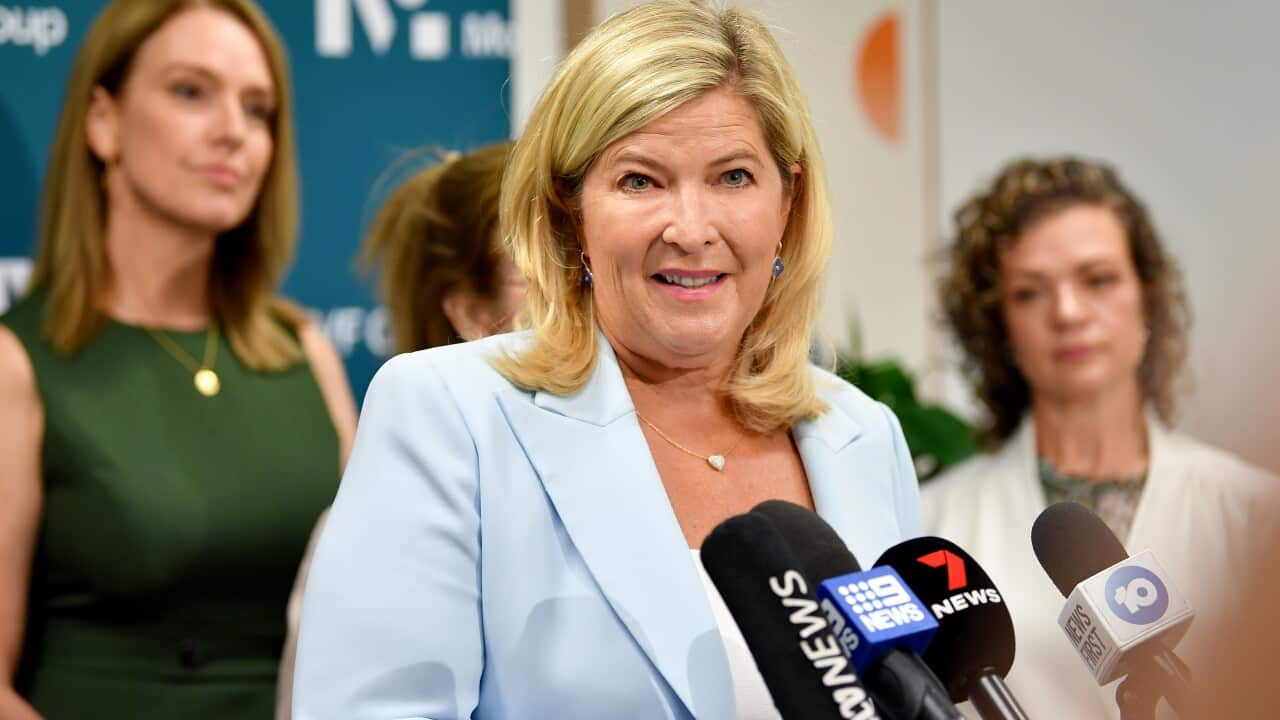The Alabama Supreme Court has ruled that frozen embryos created and stored for in vitro fertilisation (IVF) are children under a state law allowing parents to sue for wrongful death of their minor children.
The suit was filed by three couples whose frozen embryos were destroyed by a patient who "managed to wander into" a cryogenic nursery where they were stored, and accidentally dropped several of them on the floor.
A lower court ruled the frozen embryos could not be considered a "person" or "child" and dismissed the wrongful-death claim.
But Alabama's high court, in a 7-2 ruling last week, disagreed, saying "the Wrongful Death of a Minor Act applies on its face to all unborn children, without limitation."
"It applies to all children, born and unborn," Justice Jay Mitchell wrote in an opinion sprinkled with quotes from the Bible.
Here are answers to some questions about what the ruling did, and what it could mean:
How did the Alabama Supreme Court reach its conclusion?
The 8-1 majority of the court found that it was a long-established precedent that "unborn children" are "children" for the purpose of the 1872 wrongful death law at issue in the case. It said that any doubt about that was removed by a 2018 amendment to the state's constitution, which declared that it was "the public policy of this state to recognise and support the sanctity of unborn life and the rights of unborn children."
The court, whose members are all elected Republicans or appointed by a Republican governor, further found that there was no "unwritten exception" for frozen embryos outside of a woman's uterus.
Chief Justice Tom Parker drew widespread attention for his overtly religious concurring opinion, in which he wrote that the state constitution includes the "theologically based view" that "human life cannot be wrongfully destroyed without incurring the wrath of a holy God."
What does the ruling mean for IVF clinics and patients in Alabama?
It is not yet clear, but IVF providers are very concerned about the implications of the ruling. IVF treatment typically involves the creation of multiple embryos in order to maximise the chance of a successful pregnancy, leaving some unused.
At least three providers - the defendant in the case, the University of Alabama at Birmingham Health System and Alabama Fertility - have said they are pausing IVF treatments, citing potential civil and criminal liability in the wake of the decision.
The ruling left open the question of whether destroying a frozen embryo could result in criminal homicide charges. It also left it to the legislature to determine whether and how IVF could continue in the state.
Could the ruling be appealed to the US Supreme Court?
Probably not. The decision is based on Alabama's constitution, and states' highest courts are the ultimate authorities on their own constitutions.
The defendants would have to argue in a petition to the US Supreme Court that the decision violated rights guaranteed by the US Constitution, but they have not made any such argument in the case so far.
One possible path to get the issue before the US Supreme Court would be for families now unable to access IVF treatment to bring a new lawsuit arguing that their federal constitutional rights were violated when they lost access to their healthcare.
However, the current US Supreme Court, with its 6-3 conservative majority, has not been sympathetic to such arguments, and made clear in its 2022 ruling in Dobbs v. Jackson Women's Health allowing states to ban abortion that it was leaving questions about legal protections for fetal life to states.
What happens next in the wrongful death cases?
The Alabama Supreme Court did not decide the underlying wrongful death lawsuits. Those will continue in the lower Alabama trial court, which will decide whether the defendants are liable for the destruction of the plaintiffs' embryos.
The outcomes of those cases could provide some clarity to IVF providers about exactly what kind of conduct gives rise to liability for the accidental loss of embryos, but they are unlikely to resolve the larger problem of how to practice IVF in the wake of the new decision.
Could the ruling affect IVF in other states?
Not directly. However, legal experts say it could inspire legislatures, courts or activists in other states.
Getting so-called fetal personhood laws - recognising fetuses as having the full legal rights of people - passed has long been a goal of anti-abortion activists. Alabama is one of several states that have passed provisions granting some measure of legal protection to fetuses.
Wrongful death lawsuits in other states could lead to rulings similar to last week's from the Alabama Supreme Court.











